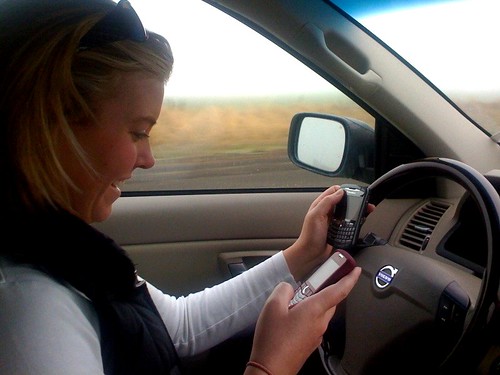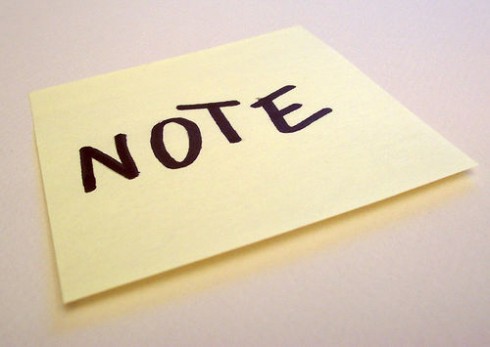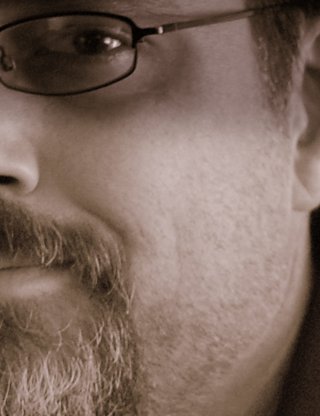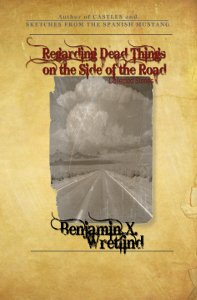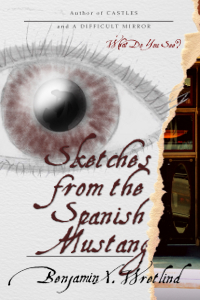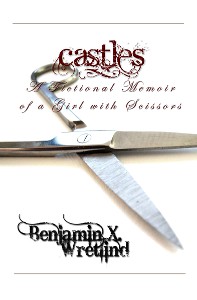Aww, isn’t that cute? My mighty sons are both busy writing novels. Thinking about that raises a whole bunch of different emotions.
Their books actually seem like good ideas. Evan, the elder, is writing a spoof of 50 Shades of Grey, set in Montreal and involving pirates. The hero is a lifeguard, of course (Evan is a lifeguard and chief proponent of the idea that Jesus Christ established the lifeguard vocation when He walked on the Sea of Galilee). What Evan has let me see so far looks hilarious.
Super Nicolas is writing a satirical science-fiction novel about a revolution in Canada, in which the wise-cracking leader, named Nicolas (of course) takes down the tyrannical government.
They’ve both put a lot of work into their respective tales. Seeing them tap away on their keyboards evokes a storm of different emotions. First is pride that they’re applying themselves to such intellectual pursuits.
Then, I remember those hours when I was a teenager or twenty-something, scribbling down prose as fast as I could think about a story. I remember all those ideas I had for the beginnings of novels, novels that I never finished — mostly because I did not have a clear idea of the ending, just what I thought would be a cool opening.
I also think: I hope they don’t try to become full-time writers as careers. It’s certainly not a reliable way to make a living.
I sometimes wonder whether they were inspired to write by my example. If I hadn’t published two books, would they try to write, themselves?
Then I think that lots of people write — millions, actually — whose parents did not write. I’m one. Whether my parents wrote books or not had no bearing on my decision to do it.
Then I think that I must be really conceited. My children are not necessarily following in Dad’s footsteps. In fact, their chosen career paths could not be more different from mine.
Ah, emotions. I guess I’m just a typical suburban father, unable to deal with emotions.
But I will say this: I’m proud of you, boys. Whether you write books or not. You’re awesome.
Their books actually seem like good ideas. Evan, the elder, is writing a spoof of 50 Shades of Grey, set in Montreal and involving pirates. The hero is a lifeguard, of course (Evan is a lifeguard and chief proponent of the idea that Jesus Christ established the lifeguard vocation when He walked on the Sea of Galilee). What Evan has let me see so far looks hilarious.
Super Nicolas is writing a satirical science-fiction novel about a revolution in Canada, in which the wise-cracking leader, named Nicolas (of course) takes down the tyrannical government.
They’ve both put a lot of work into their respective tales. Seeing them tap away on their keyboards evokes a storm of different emotions. First is pride that they’re applying themselves to such intellectual pursuits.
Then, I remember those hours when I was a teenager or twenty-something, scribbling down prose as fast as I could think about a story. I remember all those ideas I had for the beginnings of novels, novels that I never finished — mostly because I did not have a clear idea of the ending, just what I thought would be a cool opening.
I also think: I hope they don’t try to become full-time writers as careers. It’s certainly not a reliable way to make a living.
I sometimes wonder whether they were inspired to write by my example. If I hadn’t published two books, would they try to write, themselves?
 |
| Photo: Henry Bush, Creative Commons via Jeff Goins, Writer |
Then I think that I must be really conceited. My children are not necessarily following in Dad’s footsteps. In fact, their chosen career paths could not be more different from mine.
Ah, emotions. I guess I’m just a typical suburban father, unable to deal with emotions.
But I will say this: I’m proud of you, boys. Whether you write books or not. You’re awesome.







